Navigating Nigeria’s Political Storm: Updates from the Frontlines – October 2025
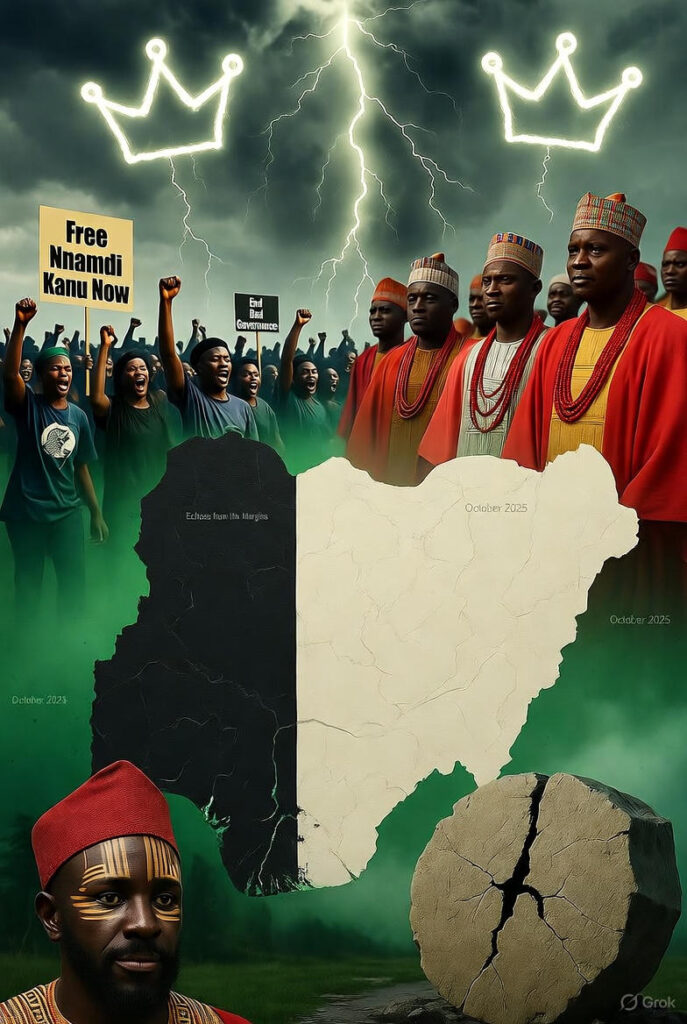
Welcome to this edition of Nigeria Decoded, where we cut through the noise of headlines, hashtags, and half-truths to unpack the real forces shaping our nation’s political heartbeat. As the calendar flips to late October 2025, Nigeria’s political arena feels less like a chessboard and more like a pressure cooker—bubbling with economic reforms, simmering ethnic tensions, and the faint rumble of 2027 ambitions. President Bola Tinubu’s administration pushes forward with bold (and bruising) policies, while opposition voices grow louder amid cries of insecurity and inequality. Buckle up; here’s the unvarnished rundown on what’s moving the needle this month.
Tinubu’s Reform Gambit: Progress or Peril?
At the core of October’s political pulse is President Tinubu’s unrelenting drive for economic overhaul. The removal of fuel subsidies and currency liberalization, kicked off last year, continue to ripple through the economy like aftershocks. Inflation has hit a 30-year high, with the naira dipping to N1,475 per dollar in official markets—a stark reminder that bold strokes can draw blood. Yet, whispers from the corridors of power paint a rosier picture. The Information Minister touted these reforms as “dividends of democracy,” crediting them for stabilizing loose money and averting a full-blown collapse. The Emir of Kano, Muhammadu Sanusi II, echoed this, noting the Central Bank’s mop-up of excess liquidity has pulled Nigeria “back from the brink.”
On the global stage, Vice President Kashim Shettima has been Tinubu’s roving ambassador, schmoozing at Davos 2025 to pitch Nigeria as Africa’s investment frontier. Sessions on “co-creating opportunities for frontier markets” highlighted partnerships in mining and tech, with optimism around local gold sourcing to bolster foreign reserves. A proposed $2.3 billion Eurobond issuance signals more borrowing ahead, but critics argue it’s doubling down on debt without addressing root rot.
Tinubu’s health remains the elephant in the room—or rather, the one jetting off to France and the UK for treatment. Speculation swirls, but the Defence Headquarters (DHQ) swiftly debunked coup rumors tied to the canceled 65th Independence parade, calling it a “routine” move for bilateral talks and counter-terror ops. Still, in a nation where whispers can ignite wildfires, such denials only fuel the paranoia.
Security Shadows: From Bandits to “Genocide” Claims
If economics is Tinubu’s sword, insecurity is the dagger at Nigeria’s throat. October saw fresh horrors: Seven dead in a Kaduna clash between repentant bandits and illegal gold miners, part of a broader surge in Northwest violence. In Borno, Boko Haram’s sack of the Christian-dominated Kirawa community drew U.S. congressional fire, with lawmakers accusing Nigeria of “state-backed persecution and genocide against Christians.” The Federal Government fired back with diplomatic overtures to Washington, but the damage is done—global spotlights now burn brighter on our fractures.
Human Rights Watch’s 2025 report didn’t mince words: Reforms have sparked a cost-of-living crisis, while bandit raids and kidnappings plague the Northwest. Over 400 abducted in Kaduna in March alone, including schoolchildren, and Nnamdi Kanu’s terrorism trial resumed amid #FreeNnamdiKanuNow protests today—protests the police denied seeking to block.ed X (formerly Twitter) lit up with anguish: One user lamented their Middle Belt village being “wiped out,” accusing the government of politicizing lives. Another called Nigeria a “place of death and destruction,” tying it to historical atrocities like the 1966-70 war.
Miyetti Allah alleged targeted attacks on Fulani herders in Southern Kaduna, demanding probes into four killings. It’s a vicious cycle: Farmer-herder clashes morphing into full-blown insurgencies, with the military stretched thin. The DHQ’s arrest of 16 officers for “professional misconduct” hints at internal rot, but assurances of loyalty to Tinubu ring hollow amid rising youth restiveness.
The 2027 Drumbeat: Defections, Denials, and Obi’s Oath
With two years to the polls, the horse-trading has begun. The African Democratic Congress (ADC) is poaching from the All Progressives Congress (APC), slamming the ruling party as “unpopular” amid hardship. Ex-Ekiti Governor Ayodele Fayose predicts three more PDP governors jumping ship, dubbing the opposition “dead.” Senator Ben Murray-Bruce dismissed PDP defections as no death knell for democracy, while Orji Uzor Kalu boasted of Southeast APC gains.
Peter Obi, Labour Party’s 2023 flagbearer, threw his hat in for 2027, promising to “change Nigeria’s trajectory in four years.” Atiku Abubakar, hailed on X as the “most powerful opposition leader,” eyes a comeback with vows of economic diversification. Abia Governor Alex Otti warned against 2027 rigging, invoking “the will of God and the people.” INEC faces scrutiny over transparency, with Anambra 2025 timelines under watch.
Tinubu seeks Senate nod for Prof. Amupitan as INEC chair, a move opposition calls a rigging prelude. ADC rails against shifting 2027 polls to November 2026. Amid this, Fayose snubbed a Tinubu appointment to “focus on personal life.”
Echoes from the Margins: Protests, Pardons, and Power Plays
Today’s #FreeNnamdiKanuNow march underscores Southeast unrest, with Kanu appealing for funds from detention. Herbert Macaulay’s family rejected Tinubu’s pardon of their ancestor, decrying it as lumping him with “drug barons and murderers.” The National Orientation Agency rolled out new anthem recital guidelines, a nod to cultural revival amid chaos.
On X, tribal fault lines crack open: One user blamed Yoruba “betrayal” for Igbo woes, another decried North-Southeast pacts. A pastor’s video of a church massacre went viral, tagging global leaders for intervention. And in a surreal twist, traditional rulers like the Ooni of Ife hobnob at events, blurring lines between crowns and ballots.
The Road Ahead: Unity or Unraveling?
Nigeria in October 2025 is a nation at the crossroads—reforms teetering on the edge of revival or ruin, insecurity gnawing at our seams, and 2027’s shadow lengthening. As one X post nailed it: “Our struggle is not against flesh and blood… the throne of Satan has encamped in Nigeria. Hyperbole? Perhaps. But with poverty spiking, taxes looming in 2026, and ASUU strikes crippling education, the stakes feel existential.
Tinubu’s team insists prosperity is “renewed” under his watch, but opposition firebrands like Obi and Atiku smell blood. The real test? Can we bridge ethnic chasms and demand accountability before the pressure cooker explodes? Get your voter’s card, folks—democracy’s forever, but only if we fight for it.
What’s your take? Drop a comment below—let’s decode this together. Until next time, stay vigilant, Nigeria.















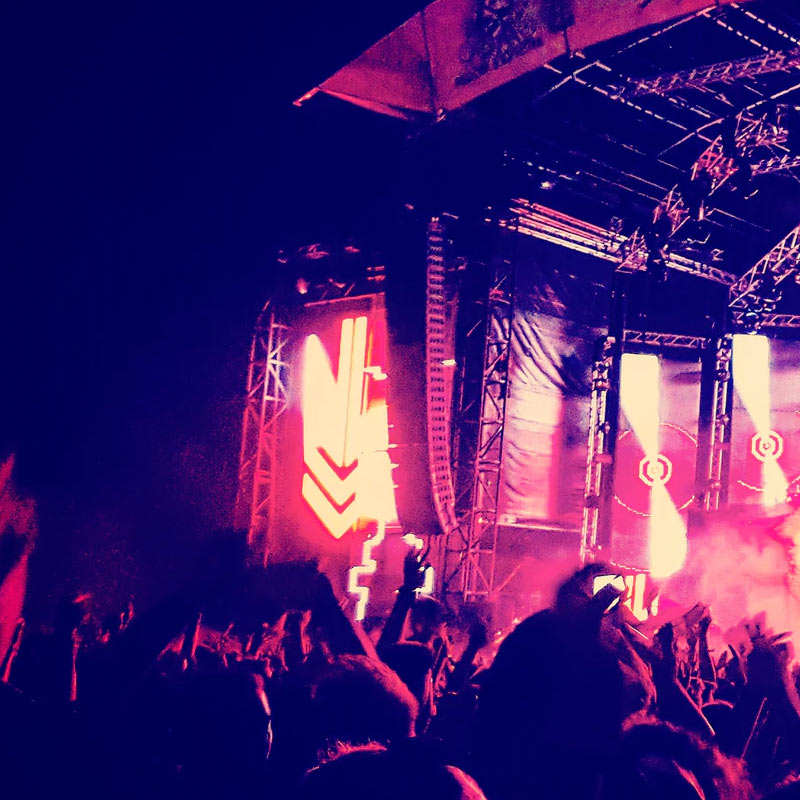

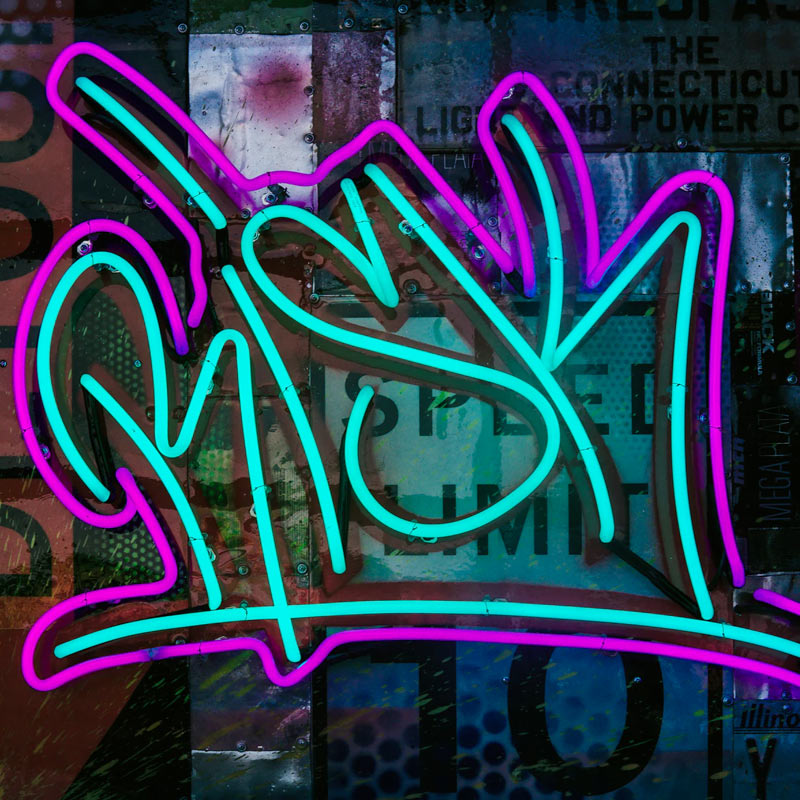
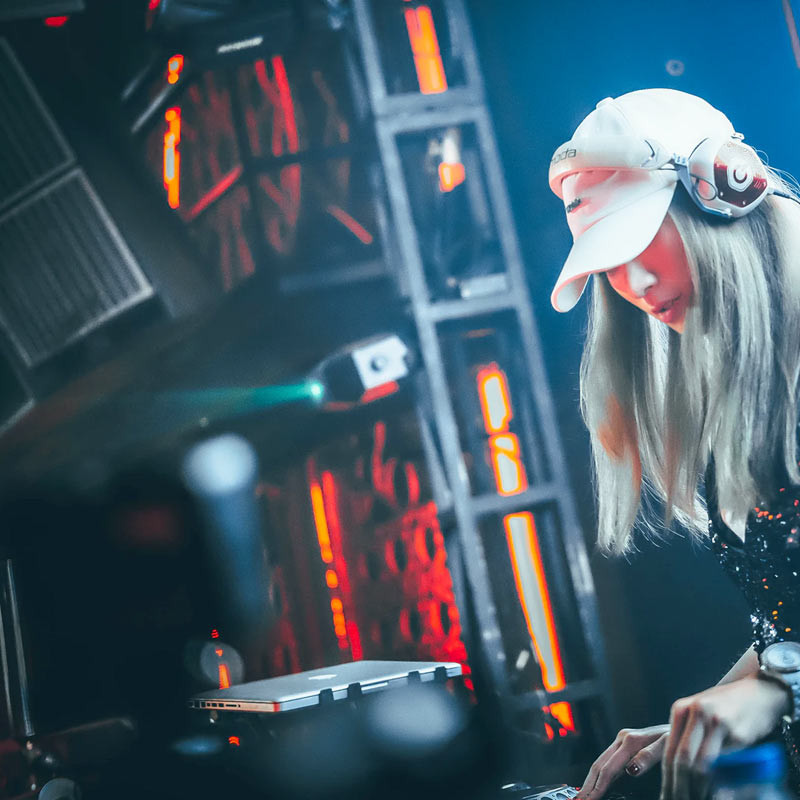


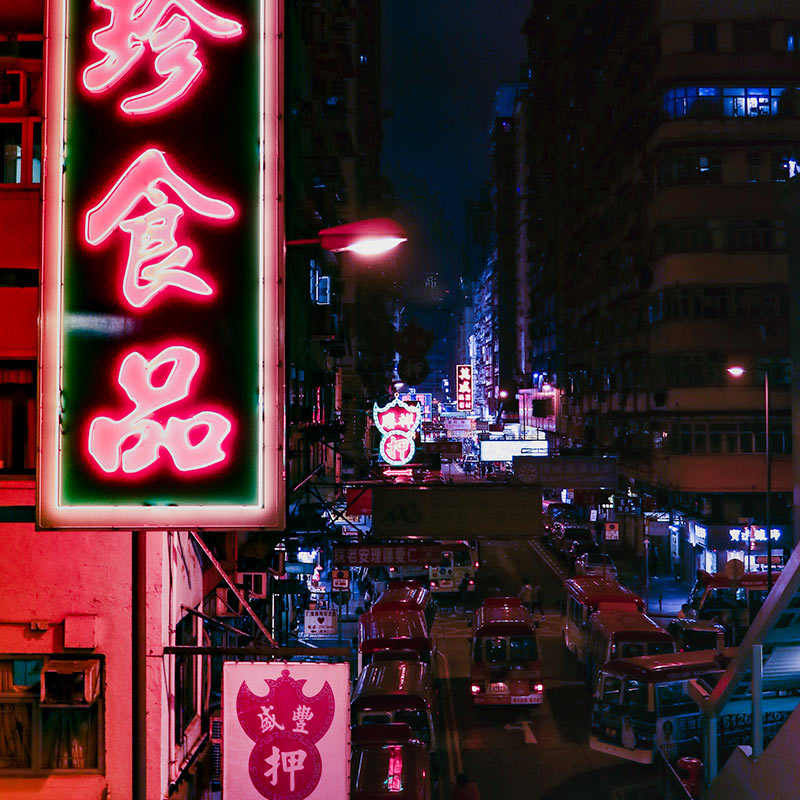



Comments
This post currently has no comments.